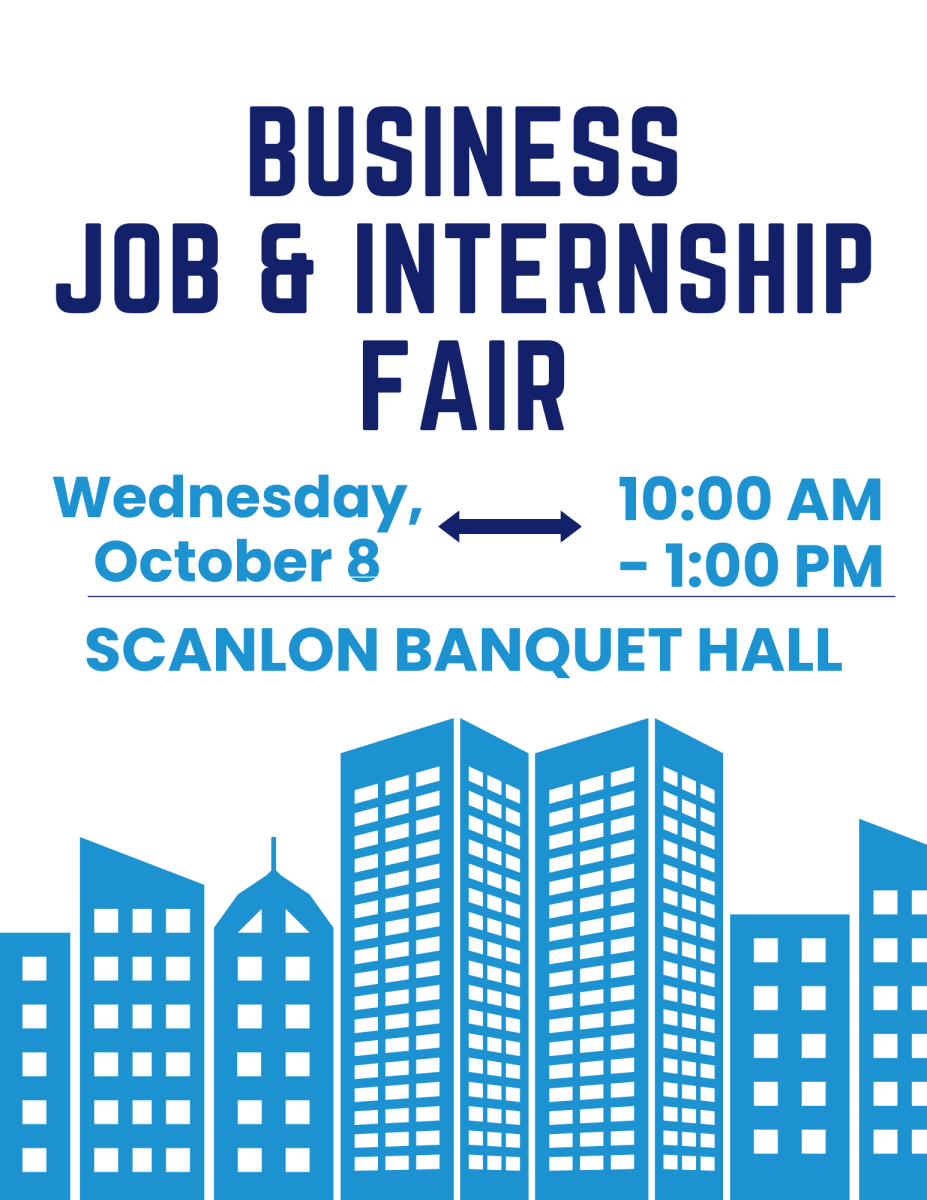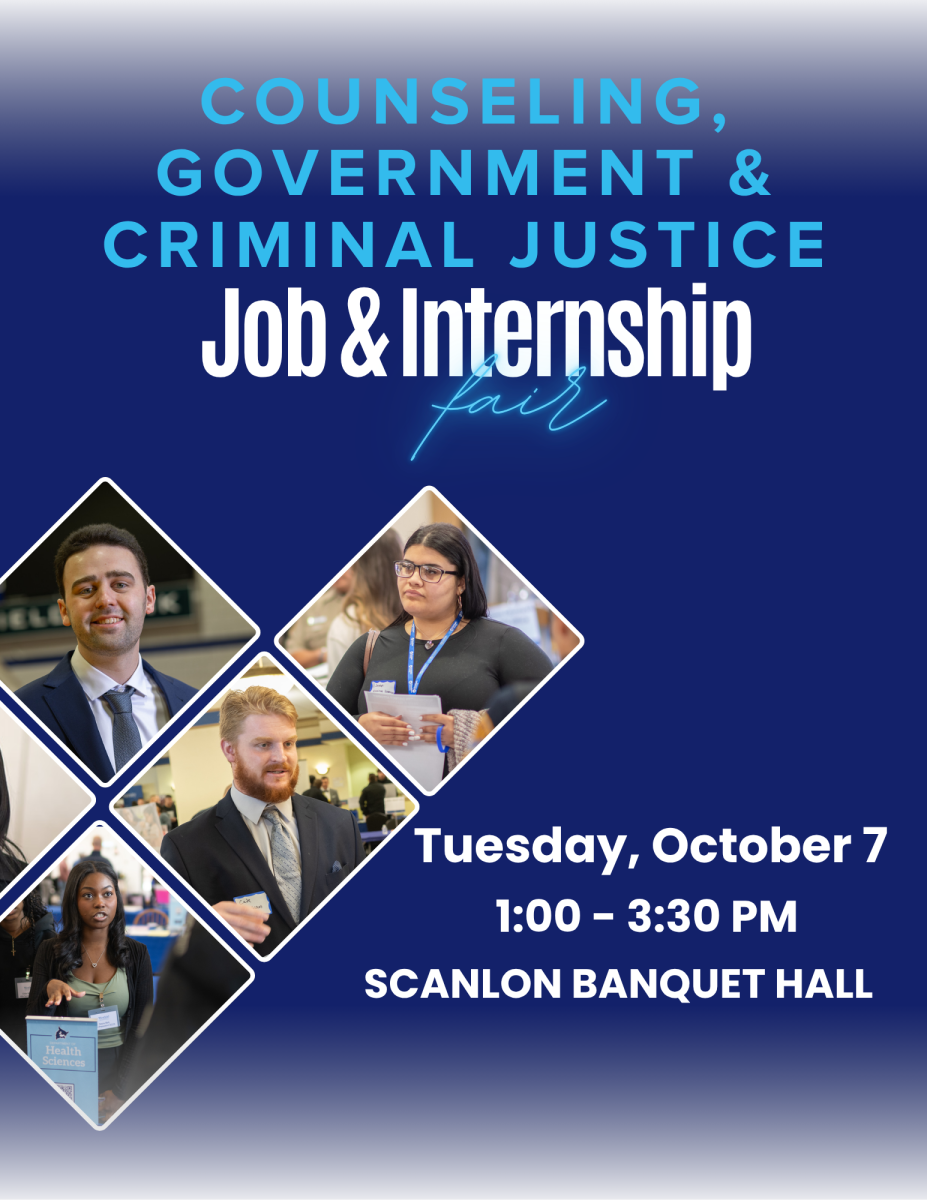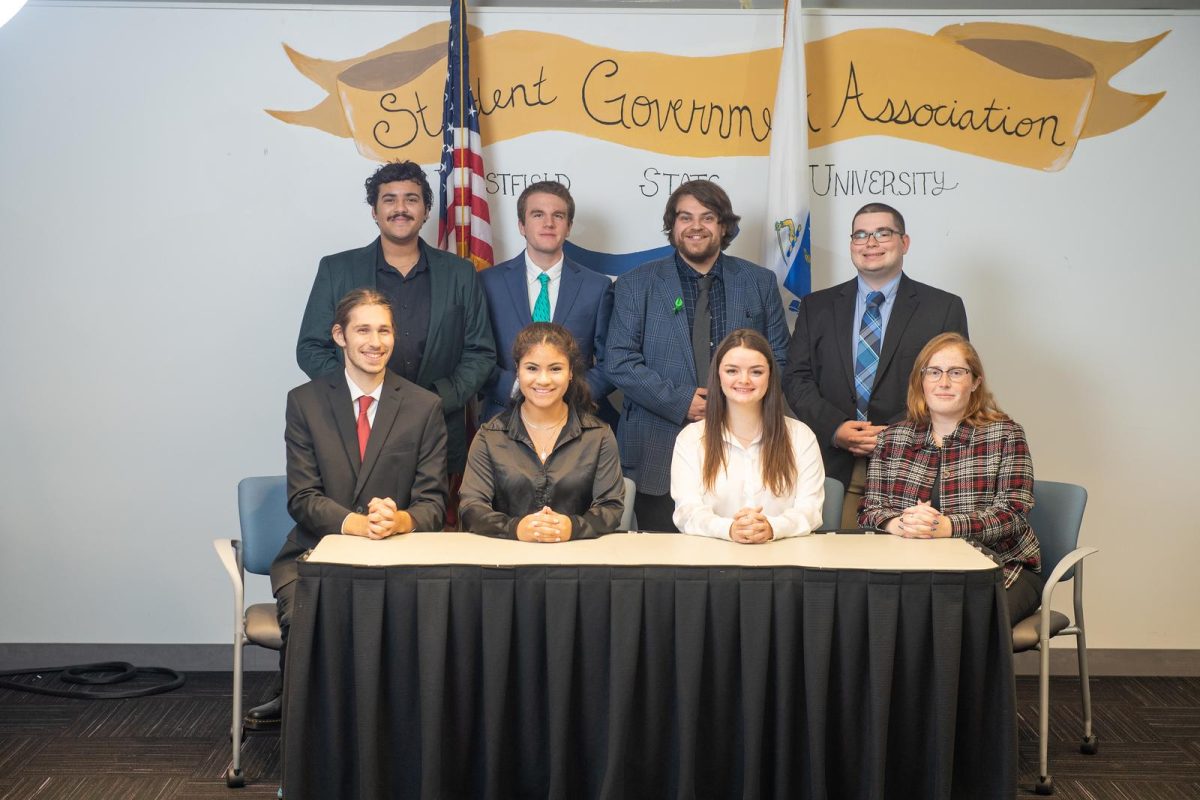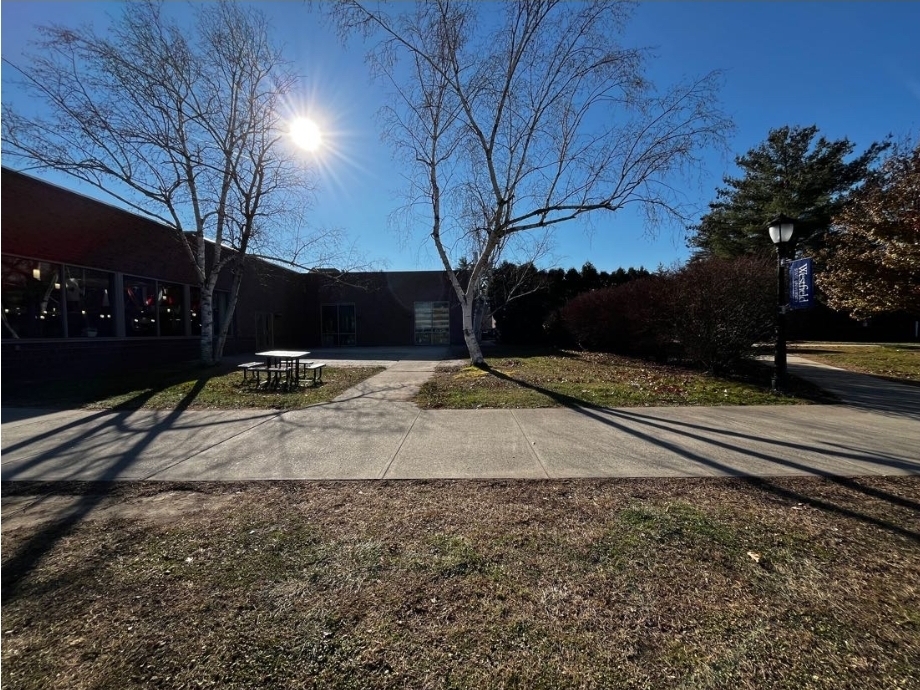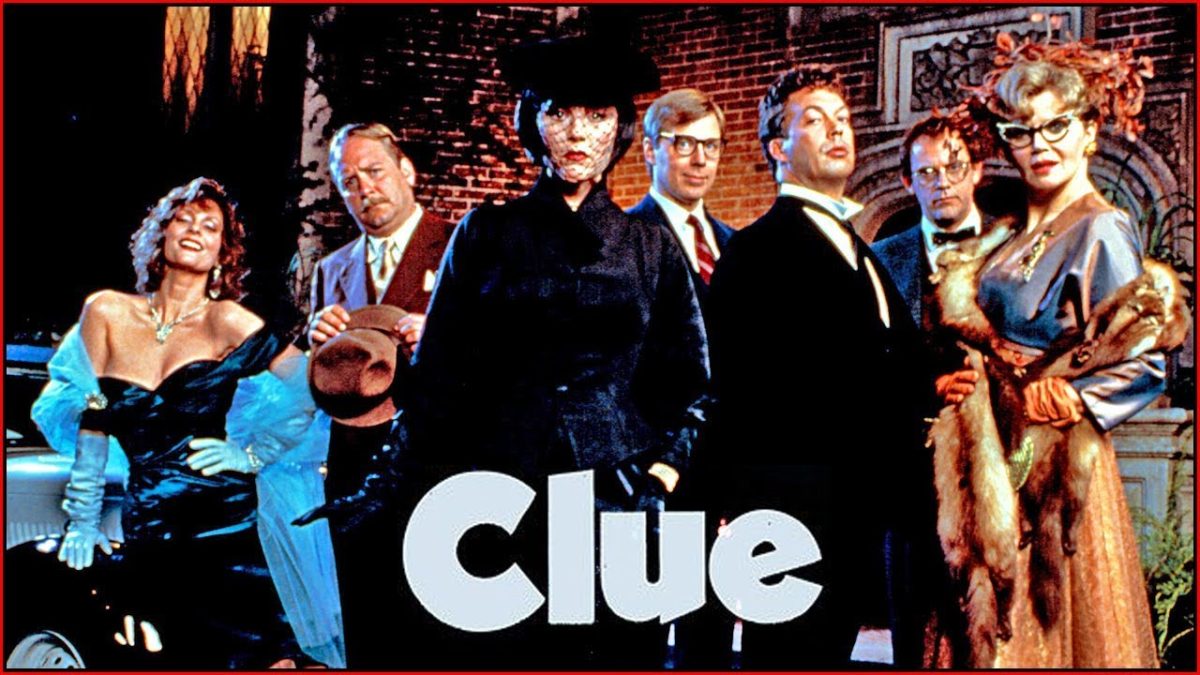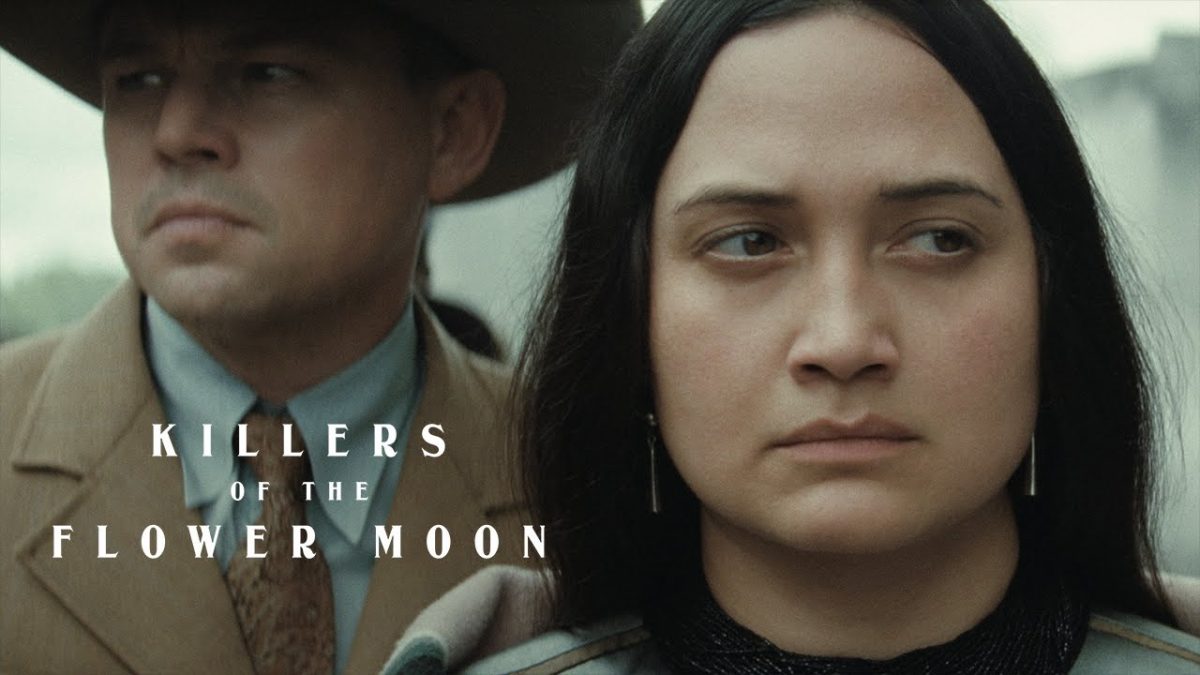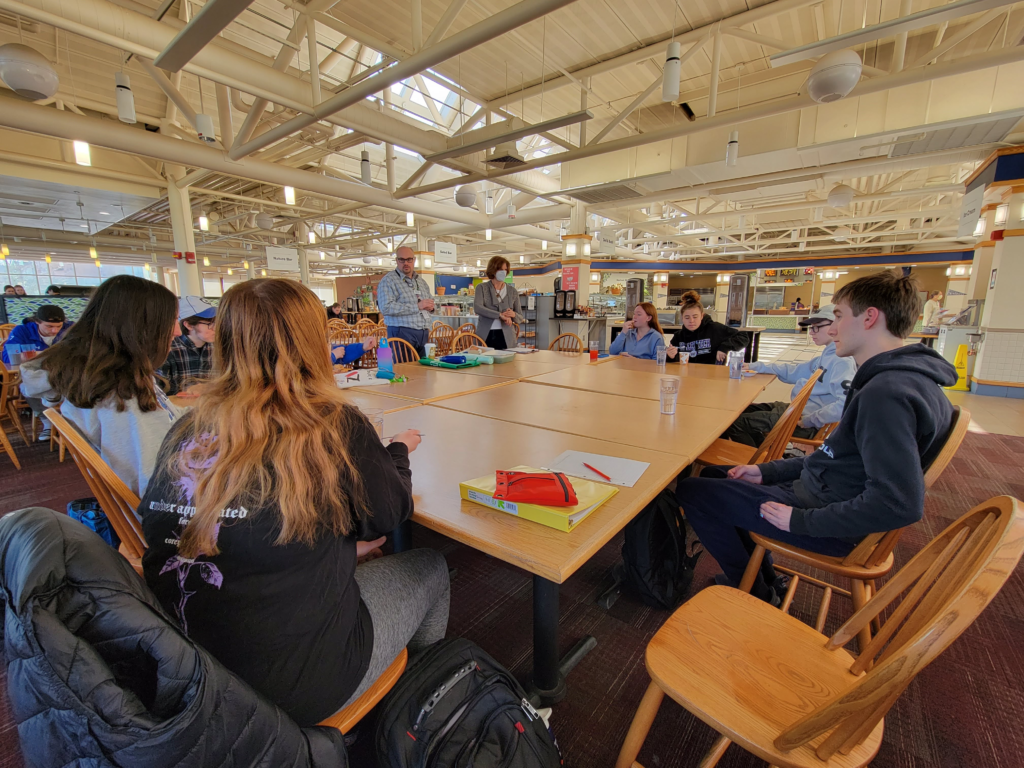
At the beginning of the 2021-2022 academic year at Westfield State University, several vacancies in Dining Services and a faulty conveyor belt prevented students from utilizing traditional plates and silverware that could be washed on a regular basis, forcing students to instead use single-serve items that would need to be thrown out after every meal. With each plate emptied into the trash can, students left feeling as though that their consumption of food at the institution was leading to more waste at area landfills, thereby contributing to environmental damage.
The honors section of GEOL 205 – Environmental Geology, an Allied Science Common Core course offering available through the Department of Chemical and Physical Sciences and presently taught by Professor Tarin Weiss, has been working throughout the Spring 2022 semester to ensure that the University (including Dining Services) can become more sustainable. Although the hiring of staff and mechanical work on the conveyor belt allowed for the return of traditional plates and silverware, students in this course did not know whether Dining Services was adhering to its mission to “provid[e] a variety of healthy, and flavorful meals featuring local, regional and world cuisine in a sustainable and environmentally conscious manner.”i
Through a meeting and behind-the-scenes tour on Tuesday, April 5, 2022, with William Connor, Director of Dining Services, the students in Honors Environmental Geology learned the ins and outs of the dining operation at Westfield State University and how sustainability has been and will continue to be the cornerstone of its operating model.

Some of the initiatives that students have seen first-hand include the $7.00 reusable grab and go container that is washed by Dining Services after each use and the removal of straws at many of the retail dining locations across campus.
But others are not so well recognized by the typical student simply looking to grab a bite to eat between classes.
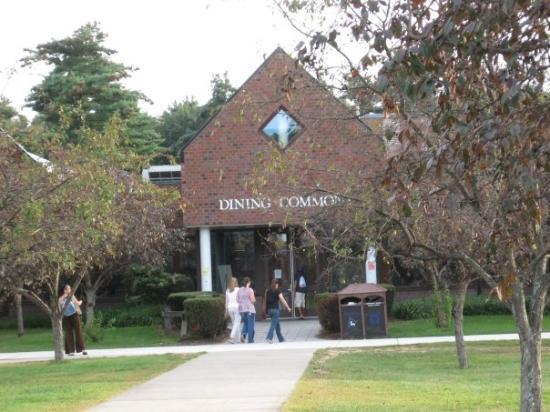
The Dining Commons was constructed in 1988 and was expanded in the late 2000s as enrollment reached its peak at Westfield State University (note the lack of additions in this photo from 2009 above). What is unique about the Dining Commons is the amount of natural light that flows into the building from the roof and the recent addition’s large windows. Director Connor noted that given the large amount of natural light that proliferates through the space, the need for lighting during much of the day has been greatly reduced. Thanks to funding from the state, the Dining Commons recently upgraded all its light to the LED standard and can be turned on or off automatically based on the availability of sunshine through a sensor on the roof of the building – providing both a financial and environmental benefits.
Many of the items utilized by Dining Services have now been recycled or used continuously to eliminate the need to purchase more plastic. The use of the local Northside Creamery’s gallons of ice cream, for example, has allowed Dining Services to work with their management to restock ice cream using the same jugs, albeit washed after each use, thereby preventing the need to purchase hundreds of new jugs every year for ice cream lovers on our campus.
Behind the scenes, the staff operating the dishwasher remove compostable products from our plates and transfer them into a composting bin that is sent off weekly to a private company that will compost these materials, with a report being sent to the Dining Services Administration regarding the contents of the compost. Any leftover items in the kitchen are also composted as needed, with the oil utilized for cooking purposes sent to an external party for processing that can be used for other purposes. Finally, the floor below the Dining Commons houses the steam generator that aids in the production of food and heating of rooms as necessary, thereby preventing the need to keep the larger Steam Plant behind the Ely Campus Center running the entire year.
Several students in the course were impressed with the work that Dining Services has been doing to ensure that they can feed the thousands of students that walk into the Dining Commons and retail dining locations across campus every day, with Lexus Mastromatteo, Class of 2024, remarking at the end of the tour that she “had no idea that Dining Services even did all of that.”
Although Dining Services is doing its best to be sustainable in its operation, Director William Connor underscored that it simply can’t be on him or a few administrators to take on the task while they have other pressing responsibilities. “I believe we need to hire a sustainability manager to carry out that mission,” Connor declared, adding that the University can explore options to utilize on-campus gardens and expand the composting program to include residence halls.
Utilizing the information gathered from this meeting (along with documents gathered from a variety of other sources), students in Honors Environmental Geology will devise recommendations that can be made to President Thompson and the Board of Trustees with regard to sustainability measures on campus, which may include the establishment of an Office of Sustainability, the formation of an advisory committee to develop a researched sustainability strategic plan, the utilization of roof space for solar panels, and expanding the use of composting/recycling on campus.
A non-honors section of GEOL 205 – Environmental Geology with Professor Weiss will be available this fall on Tuesdays and Thursdays in Wilson 314. Several seats are still available! Students who need to fulfill the Allied Science course requirement, interested in environmental issues and policy, and/or considering a career in science are encouraged to take the course! Please reach out to Tarin Weiss at [email protected] for more information.
